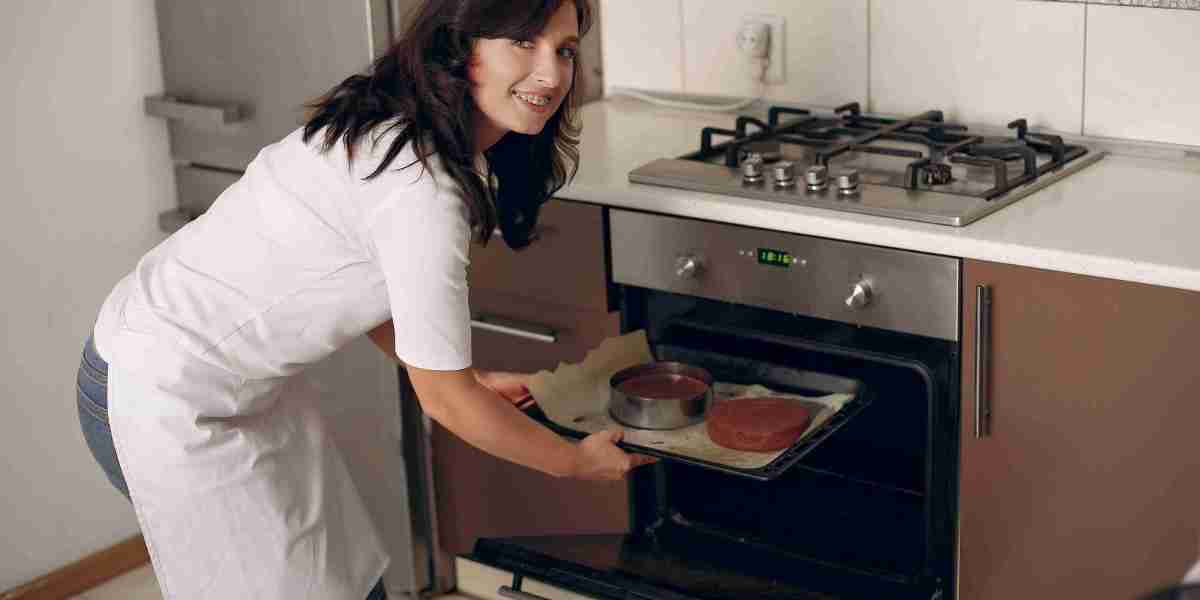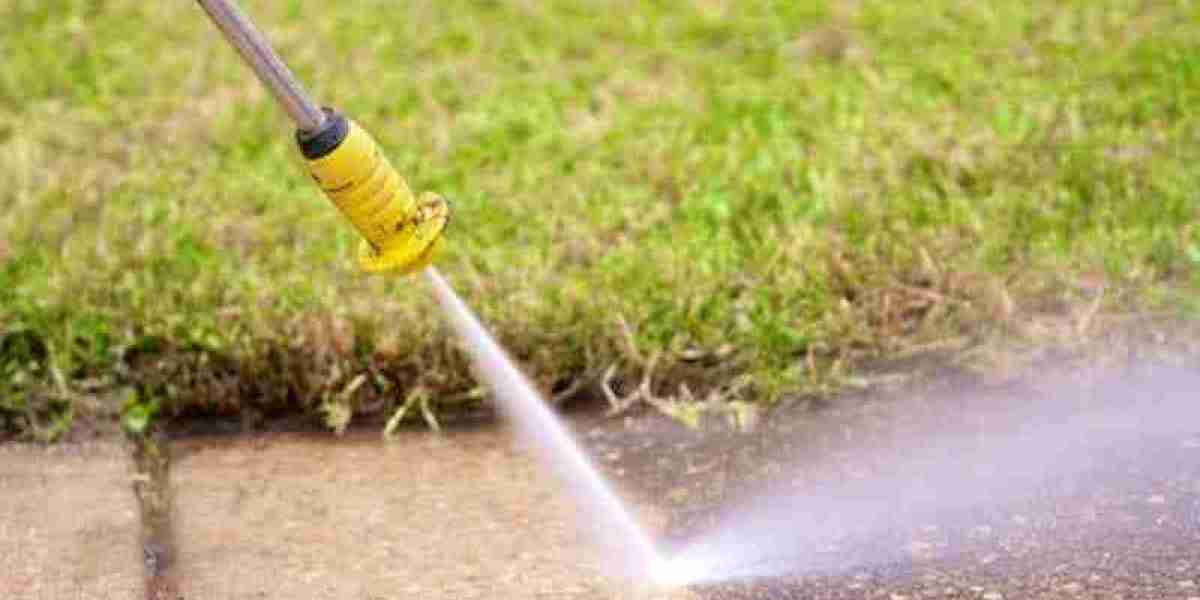When it comes to selling, buying, or simply understanding the value of a funeral home, funeral home valuation is an essential step in the process. Whether you're planning to retire, transfer ownership, or simply get an assessment of your funeral home's worth, knowing the factors that contribute to its valuation is crucial. A thorough valuation helps ensure a fair transaction and can guide owners in making key business decisions.
1. What is Funeral Home Valuation?
Funeral home valuation refers to the process of determining the financial worth of a funeral home. It takes into account various elements such as assets, earnings, market position, and future revenue potential. The goal is to establish an accurate estimate of the business's current market value.
Valuing a funeral home is complex and requires a detailed analysis of both tangible and intangible assets. It involves assessing everything from physical property and equipment to client relationships and community reputation.
2. Factors Affecting Funeral Home Valuation
The value of a funeral home is influenced by multiple factors that impact its day-to-day operations and long-term profitability:
Financial Performance: The primary driver of valuation is the funeral home’s financial health, including revenue generation, operating costs, and profitability. Strong financials, consistent cash flow, and a well-managed business will lead to a higher valuation.
Physical Assets: The value of land, buildings, and equipment such as hearses, embalming tools, and refrigeration units are critical considerations. Well-maintained and modern assets contribute significantly to the overall valuation.
Reputation and Client Base: A funeral home’s reputation plays a significant role in its worth. A long-standing history of providing compassionate and trustworthy services increases customer loyalty and can add value to the business. Prearranged funeral contracts and a strong, loyal client base are key assets that enhance valuation.
Market Position and Competition: The local market conditions and competitive landscape also impact valuation. Funeral homes in areas with high demand or limited competition will be valued higher. Additionally, any niche services, like eco-friendly funerals or cremation services, can set a business apart and increase its appeal.
Industry Trends: Broader trends in the funeral industry—such as the shift towards cremation services or growing interest in more personalized funeral options—may influence the future revenue potential of a funeral home, thus affecting its valuation.
3. Common Methods Used in Funeral Home Valuation
There are several established approaches for determining the value of a funeral home:
Income Approach: This method looks at the current income and potential future cash flow. Valuers estimate the worth of the business based on projected future earnings, which helps determine a fair price for a buyer.
Asset-Based Approach: The asset-based method calculates the value of all physical assets owned by the business, such as property, vehicles, and equipment. Intangible assets, like brand reputation and client contracts, are also considered.
Market Approach: The market approach compares the funeral home to similar businesses that have recently sold in the area. This can help establish an industry benchmark and set realistic price expectations based on recent sales data.
4. Why Funeral Home Valuation Matters
Understanding the value of your funeral home can help in a variety of situations:
Selling the Business: If you're looking to sell your funeral home, an accurate valuation helps ensure you get a fair price and facilitates negotiations with potential buyers.
Mergers and Acquisitions: If you're looking to merge with or acquire another funeral home, valuation will provide key insights into the worth of the business and help guide your decision-making.
Estate Planning: For owners planning for retirement or succession, valuation is an important part of estate planning. It helps determine the fair value of the business for inheritance purposes or transitioning ownership to heirs or partners.
Financing and Investment: When seeking financing, knowing the value of your funeral home can help secure loans or attract investors who are looking for a solid business with growth potential.
Insurance and Tax Purposes: Accurate valuation ensures that your funeral home is adequately insured and helps in proper tax planning and compliance.
5. How to Get Your Funeral Home Valued
If you’re considering a funeral home valuation, it’s recommended to hire a professional appraiser or business valuator. These experts specialize in funeral home businesses and can provide a detailed, accurate valuation based on years of experience and industry-specific knowledge.
Professional valuation services typically involve a thorough review of financial records, site visits, interviews with key personnel, and market analysis to arrive at an accurate estimate of value.
Conclusion
Funeral home valuation is a critical process that provides insight into the financial standing and potential future of your business. Whether you’re selling, merging, or planning for succession, understanding the true worth of your funeral home is essential for making informed business decisions.







